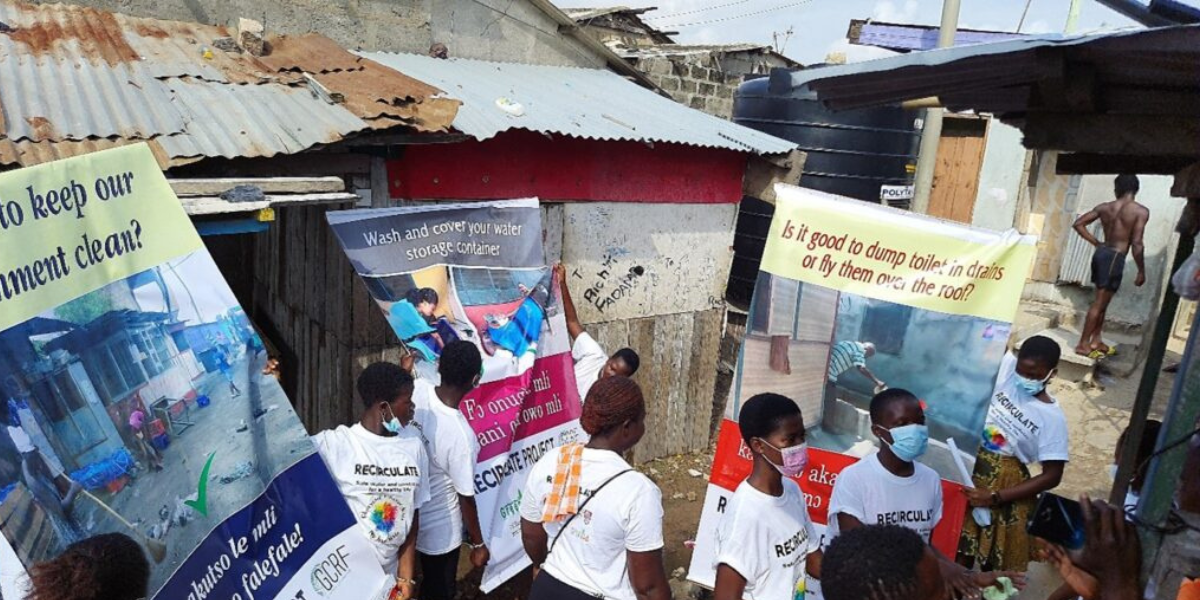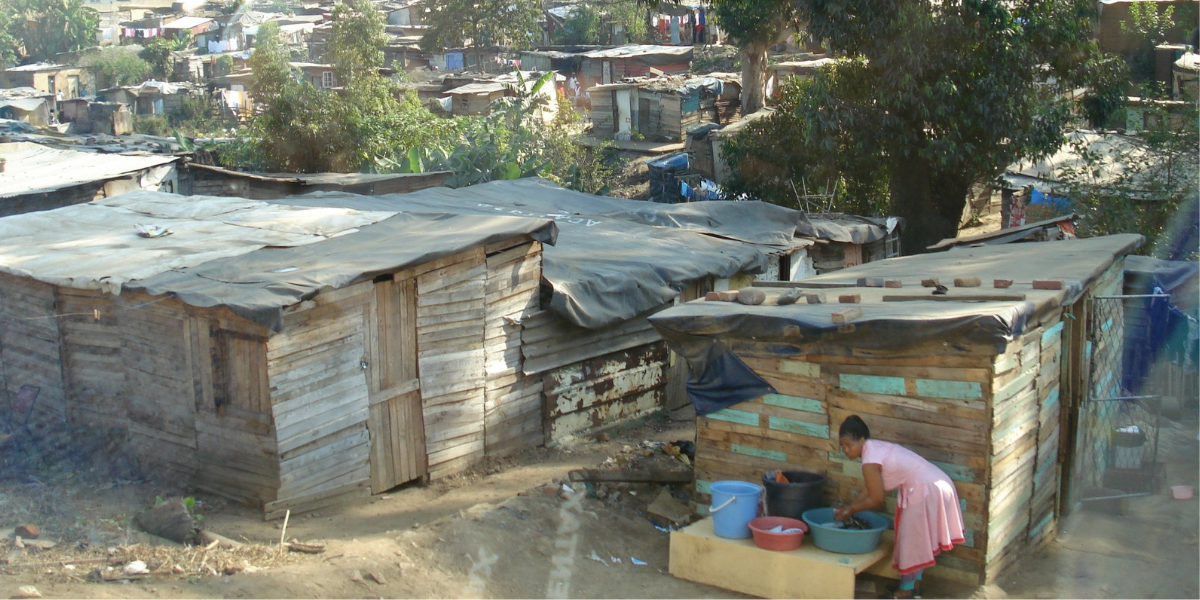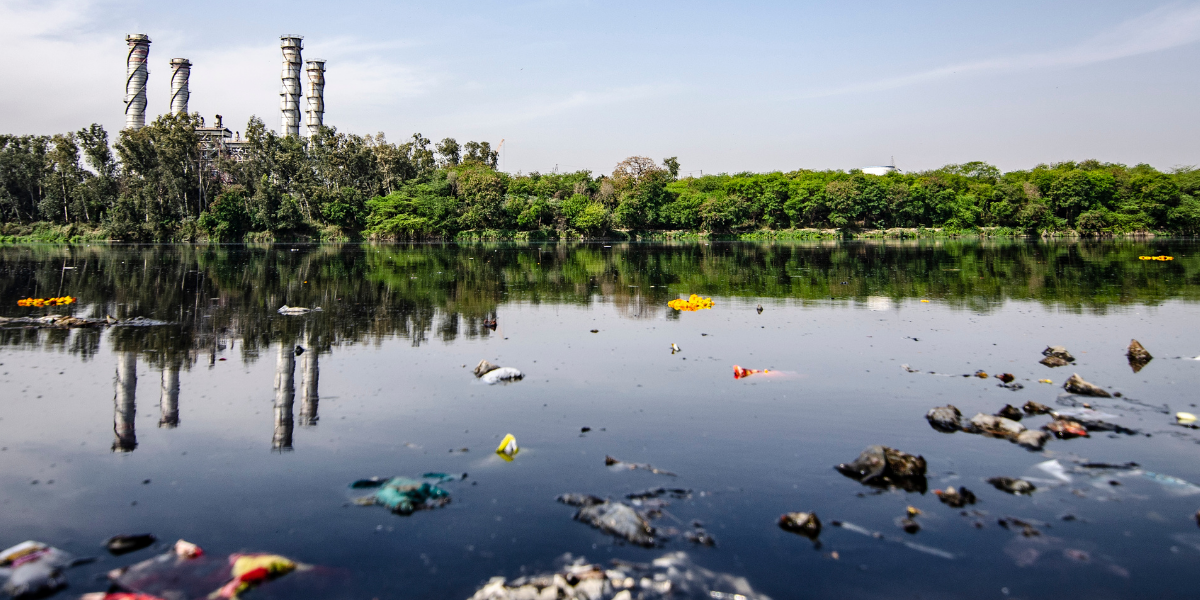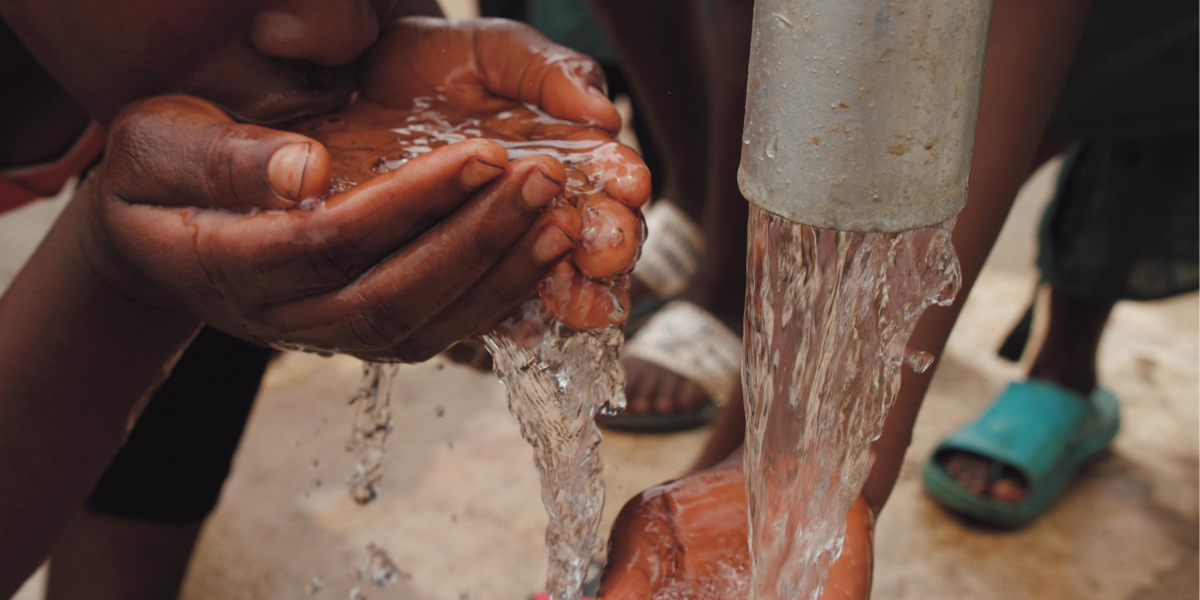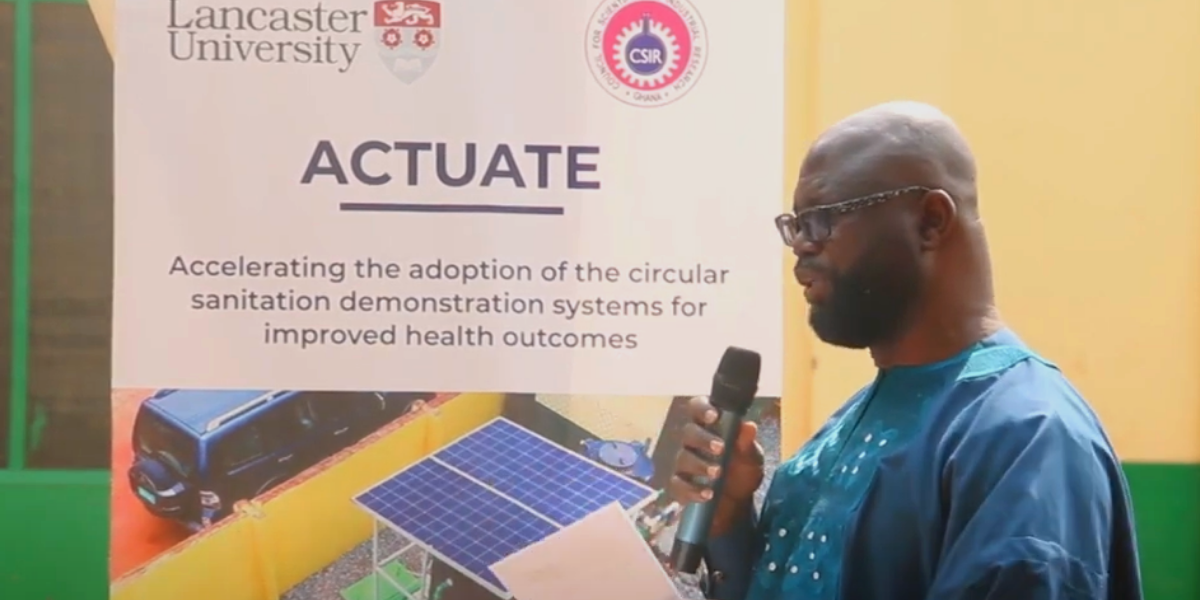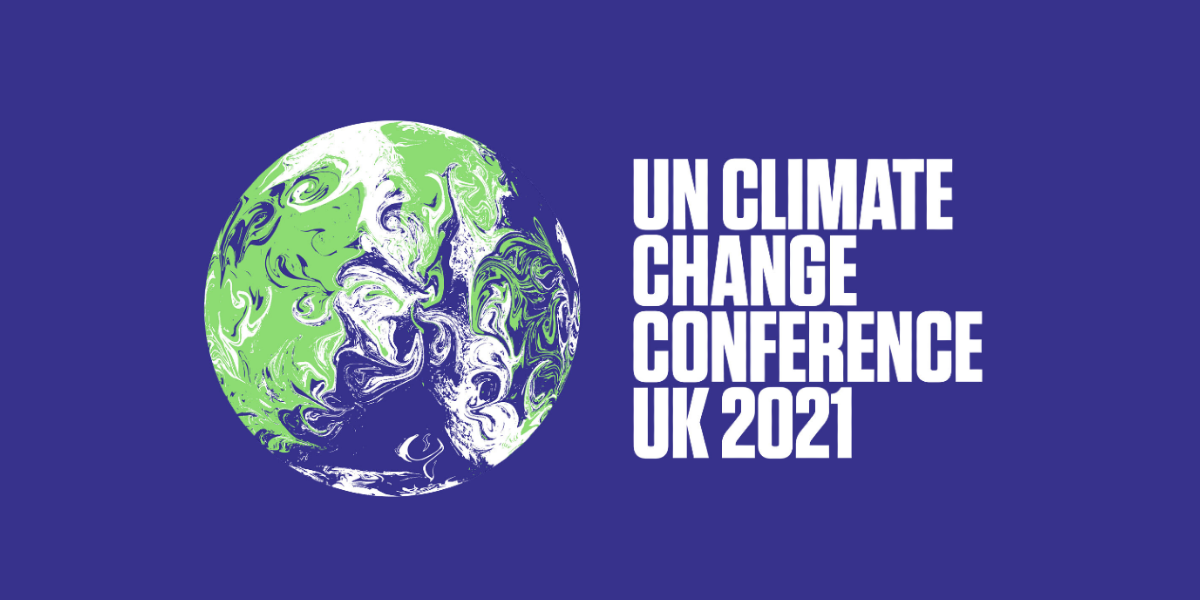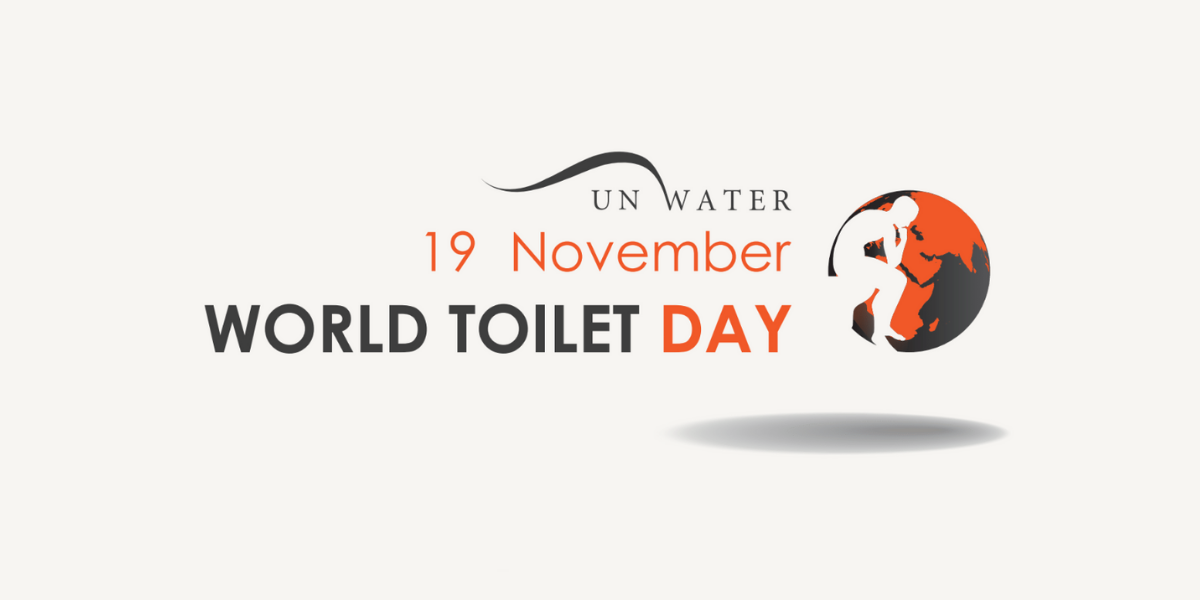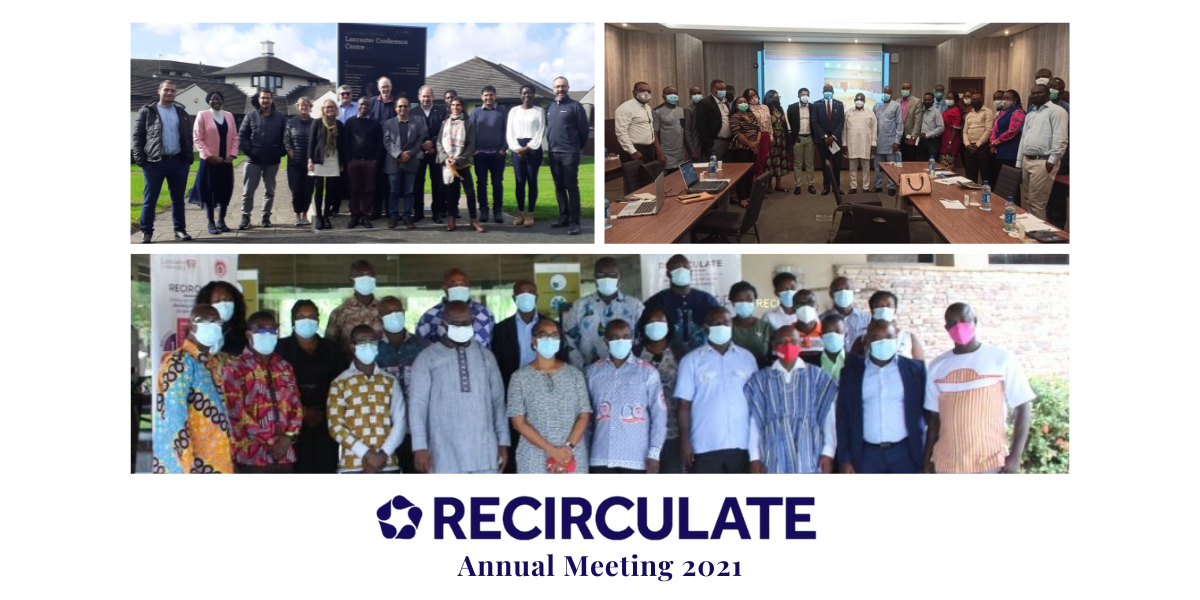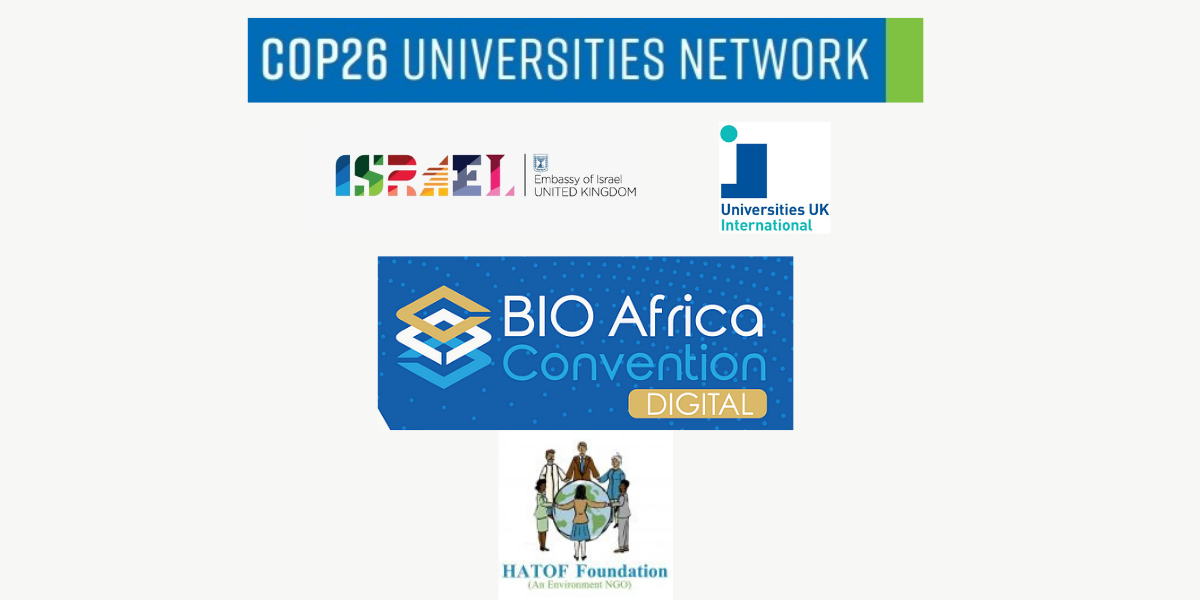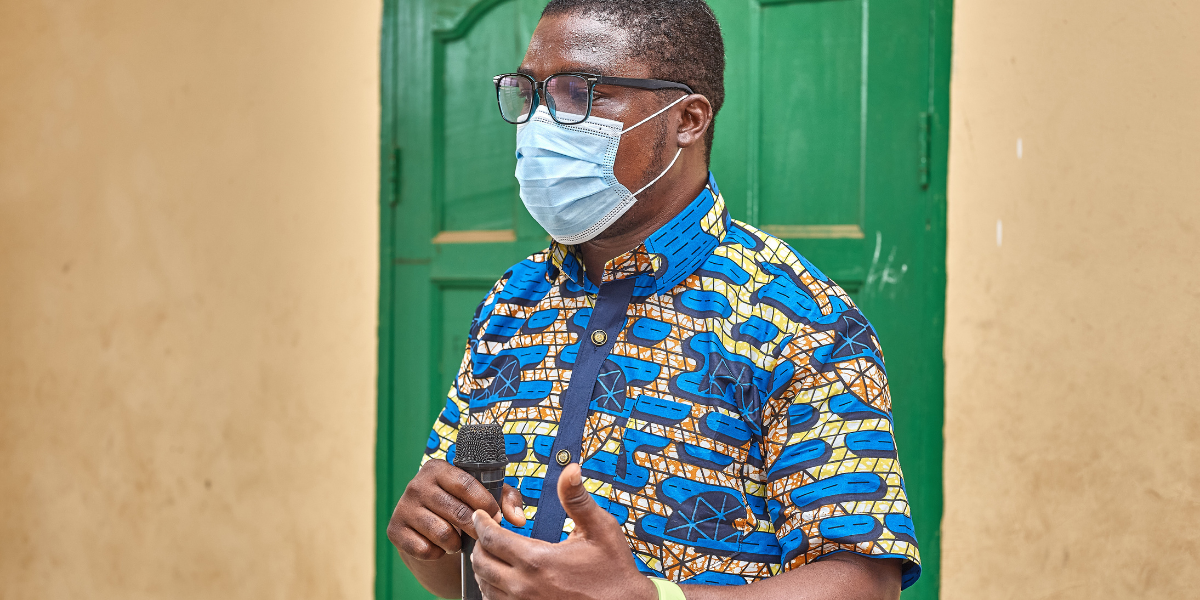How does ‘the last 100 metres’ problem manifest itself across a range of contexts and can we identify interventions (eco-innovations and/or changes to practice) that reduce contamination in those contexts?
The last two decades have seen much improvement to potable (safe to drink) water supply to millions of people living in the informal settlements characterising Africa’s urban areas (UN Habitat 2014).This water is usually provided via standpipes shared by several households. However, whilst this has improved the availability of potable water to many unplanned settlements, the potential benefits are severely compromised by sewage contamination around the point of use. This is known as ‘the last 100 metres’ where water is transported from pumps to homes.The risk of contamination is exacerbated as informal dwellers typically rely on toilets draining into poorly built pits or septic tanks which often leak sewage material into the local environment. The resulting contamination of potable water and food causes high levels of ill-health and childhood malnourishment (Kau et al. 2011) and, in turn, individual and household poverty (Mitlin and Satterthwaite 2013). Improving local sanitary environments will therefore directly addresses multiple Sustainable Development Goals.
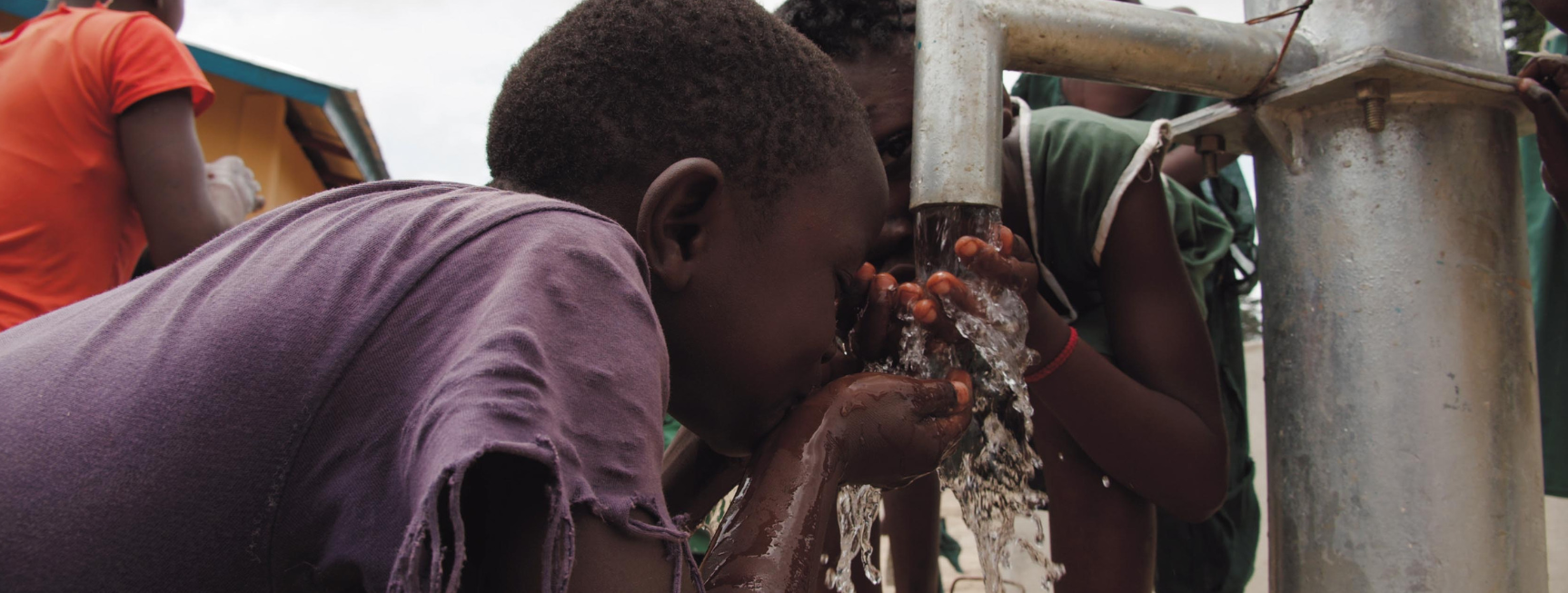
The core research questions within the Work Package are therefore:
- Understand how ‘the last 100 metres’ problem manifests itself across a range of contexts.
- Identify interventions (eco-innovations and/or changes to practice) that reduce contamination in ‘the last 100 metres’. As well as extending understanding of “the last 100 metres” to West Africa, this work package will draw on the learning from work package 1 (Entrepreneurship and Innovation) to work with the wider community to develop business cases to roll-out successful interventions to improve sanitation and health for communities in Nigeria and Ghana.
Having devised these core research questions, we have also developed the following objectives:
- To institute an intervention to optimise reduction of localised contamination of drinking water
- To provide a platform for sustainable conversion of waste into products such as fertiliser and energy .
- To stimulate a sustained interest in safeguarding of WASH facilities at source (WASH Vaccine)To create a WASH Vaccine model which will benefit both human and the environment.

